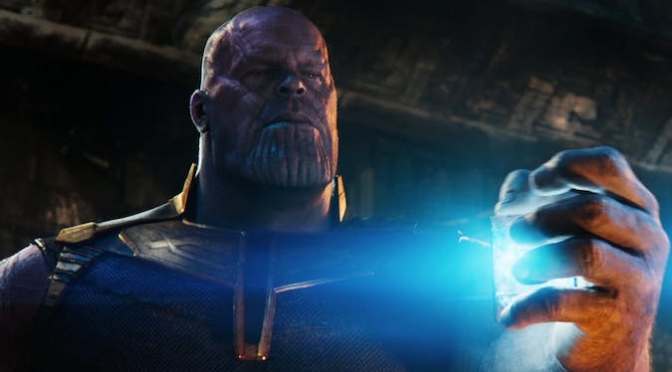 In Big, 13-year-old Josh Baskin wishes his way into a 30-something-year-old grownup version of himself. The trope of a mind-body mismatch was certainly nothing new in 1988, and in fact the late ’80s had a whole slew of movies featuring this exact same plot. These are heedfully chronicled by Mike Ryan here and include the likes of Vice Versa, Like Father Like Son, 18 Again! and Dream a Little Dream, all released within the approximate span of a single year; the other point of commonality those films share, of course, is that they’re all pretty crappy. Big is the outlier in that regard. I was about the same age as Teen Josh when I first saw the movie, and I found myself enamored with the possibilities of instant adulthood, getting a job with a toymaker and renting a sweet NYC penthouse and flirting with someone who would eventually and inexplicably agree to become my girlfriend. Teen Me was most likely motivated by this last point.
In Big, 13-year-old Josh Baskin wishes his way into a 30-something-year-old grownup version of himself. The trope of a mind-body mismatch was certainly nothing new in 1988, and in fact the late ’80s had a whole slew of movies featuring this exact same plot. These are heedfully chronicled by Mike Ryan here and include the likes of Vice Versa, Like Father Like Son, 18 Again! and Dream a Little Dream, all released within the approximate span of a single year; the other point of commonality those films share, of course, is that they’re all pretty crappy. Big is the outlier in that regard. I was about the same age as Teen Josh when I first saw the movie, and I found myself enamored with the possibilities of instant adulthood, getting a job with a toymaker and renting a sweet NYC penthouse and flirting with someone who would eventually and inexplicably agree to become my girlfriend. Teen Me was most likely motivated by this last point.
Today I’m closer in age to Adult Josh, and now Big almost seems like an entirely different movie. From a kid’s point of view, looking forward to finally attaining that brand of independence reserved for grownups, Penny Marshall’s sophomore directorial effort rings true in almost every frame. It has the wide-eyed wonder and the sentimental disillusionment that all kids experience to some degree. In a sense all movies are accelerated versions of life experiences, condensed down to two hours and designed in an arc so as to bring the viewer along for the ride with the characters on the screen. From a kid’s point of view, Big works because that acceleration is literally a part of Josh’s experience: he goes from kid to grownup and back again in a short amount of time, and so do we.



 One of the things that soured
One of the things that soured 
 We’ve done a fair bit of writing about James Bond here at Motion State. From
We’ve done a fair bit of writing about James Bond here at Motion State. From